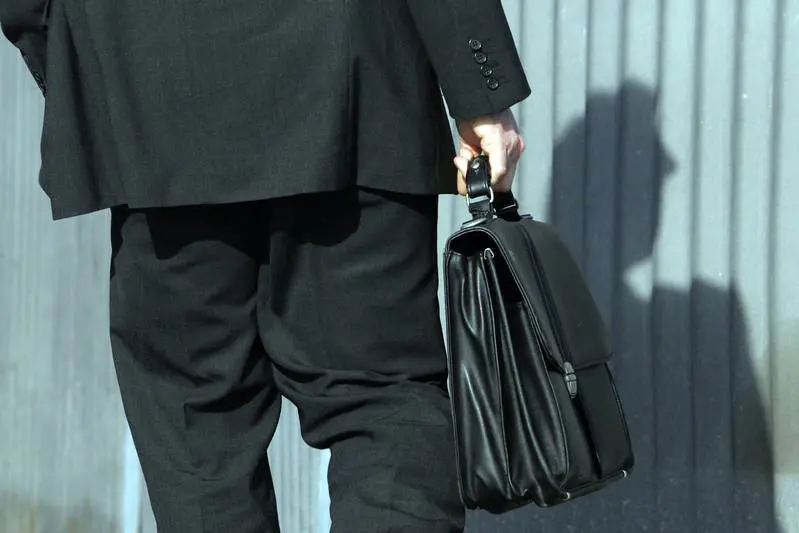PHOTO
Financial advisors express concern most expats in UAE, rest of GCC don't have any savings for retirement
By Cleofe Maceda, Senior Web Reporter
Dubai: Nearly seven in ten people in the UAE and the rest of the Gulf Cooperation Council (GCC) do not have any form of pension or guaranteed savings that they can rely on when they stop working.
The findings of a new survey by Guardian Wealth Management (GWM) have highlighted the need for foreign nationals working in the Gulf to ensure that they don’t neglect retirement planning, with 64.2 per cent admitting they don’t have any pension at all.
The survey among 2,000 respondents found that the Gulf has one of the highest number of residents in the world that don’t have any form of retirement fund. In North America, only a small percentage, 14.49 per cent, are not covered by pensions, while in Europe and Asia, the corresponding numbers stand at 44 per cent and 61 per cent, respectively.
“As with most cases, people come to work here and before they know it, it’s been five years and they haven’t saved a penny,” said Hamzah Shalchi, GWM regional manager in the Middle East.
Unlike many countries, the UAE does not have a pension system in place for expatriates, so those who choose to retire after decades of service don’t get any form of financial reward other than the so-called gratuity.
However, the standard end-of-service pay is often viewed by many as insufficient, with the final amount largely dependent on the employee’s basic salary and length of service. Allowances and other compensation outside the basic salary are often excluded from the gratuity calculation.
Shalchi said the reason for the “worrying lack” of pensions for expatriates in the region could partly be because the demographic of foreign workers is dominated by young expats.
“As is the case with foreign workers in places such as the United Arab Emirates, many are under the age of 30 and certainly 40, meaning they may not have necessarily started thinking about saving for retirement.”
Expatriates are advised to secure their own retirement as early as possible. One of the best options is to keep their pension offshore – which is one area some foreigners are now looking into. Pensions kept offshore are said to offer greater tax efficiency, better yields and flexibility.
“However as was seen in last year’s survey there is quite a disparity between what people think they need to save for retirement and what they actually need to save for their desired lifestyle. Due to compound interest, it is better to start saving earlier but for less time to allow the pension pot to grow naturally,” said Shalchi.
In GWM’s survey, it was found that 11.6 per cent of expats who have pensions had moved theirs abroad, compared to 4.35 per cent in North America, 5.88 per cent in Europe and 7.8 per cent in Asia.
“Due to the lucrative benefits such as greater tax efficiency, better returns and flexibility, transferring pensions offshore was starting to become a popular option for foreign workers in the GCC, particularly from the UK,” GWM said.
However, expats are advised to be wary of any legislation that can impact the returns on their retirement fund. In the UK, for example, a tax law has imposed a 25 per cent transfer fee on Qualifying Recognised Overseas Pension Schemes (QROPs), making this avenue of saving much less attractive.
“The announcement of the pension transfer tax in the latest UK Spring Budget has largely killed the QROPs market and this will affect any transfers from March 2017 moving forward. However, there are various options such as Self-Invested Personal Pensions (SIPPs) that may be better suited. The most important thing is to seek professional advice and actually start saving! With life expectancy and inflation going up year-on-year, this should be a priority for savers,” said Shalchi.
© Gulf News 2017





















